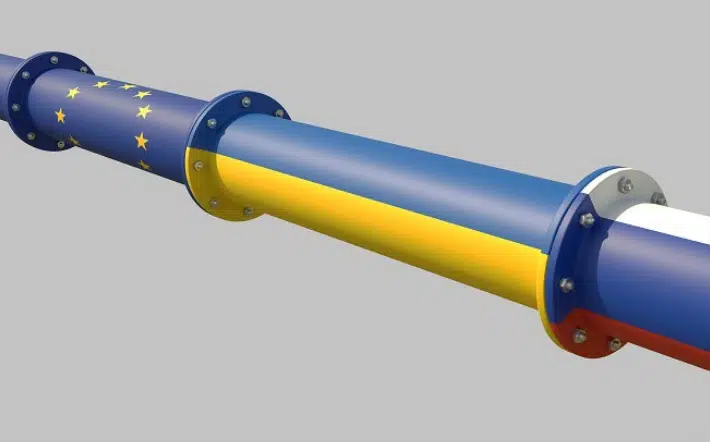Brussels – Gas and new price increases are starting to worry the European Central Bank. The Economic Bulletin includes a set of warnings and reminders that are not exactly new: geopolitical tensions, uncertainties that may affect growth rates, questions related to Donald Trump’s return to the White House, the call for reforms for eurozone governments. The new and topical element is the focus on energy prices.
“European gas prices have risen by 17.7% since the October Governing Council meeting, driven by both supply and demand factors,” according to the ECB monthly monitor. “On the supply side, the increase can largely be attributed to the impending expiration of the gas transit agreement between Ukraine and Russia at the end of 2024.”
The economic bulletin does not refer to speculation. It notes an upward fluctuation in prices that could have significant repercussions for the economy and productivity of EU countries using the single currency. New increases in utility bills are likely to negatively affect household consumption and industrial production costs, not to mention the risk of new inflationary spirals.

In her speech at the beginning of the year, ECB President Christine Lagarde stressed that 2025 would be when inflation stabilizes at 2 percent, a goal that soaring gas prices could compromise. The ECB’s focus on gas market developments is no surprise given the harsher-than-expected winter and renewables that have missed expectations.
“On the demand side, reduced wind farm output in November in Europe has led to increased reliance on gas-fired power generation,” the economic bulletin added. “This, coupled with cold weather, has significantly decreased gas storage levels across Europe, further contributing to rising gas prices.”
Events risk overturning all calculations made so far in Frankfurt. “Based on assumptions of declining oil and gas prices, energy inflation is likely to remain negative until the second half of 2025 and to stay subdued thereafter,” according to the bulletin. Assumptions of price decline are currently being disproven.
English version by the Translation Service of Withub





